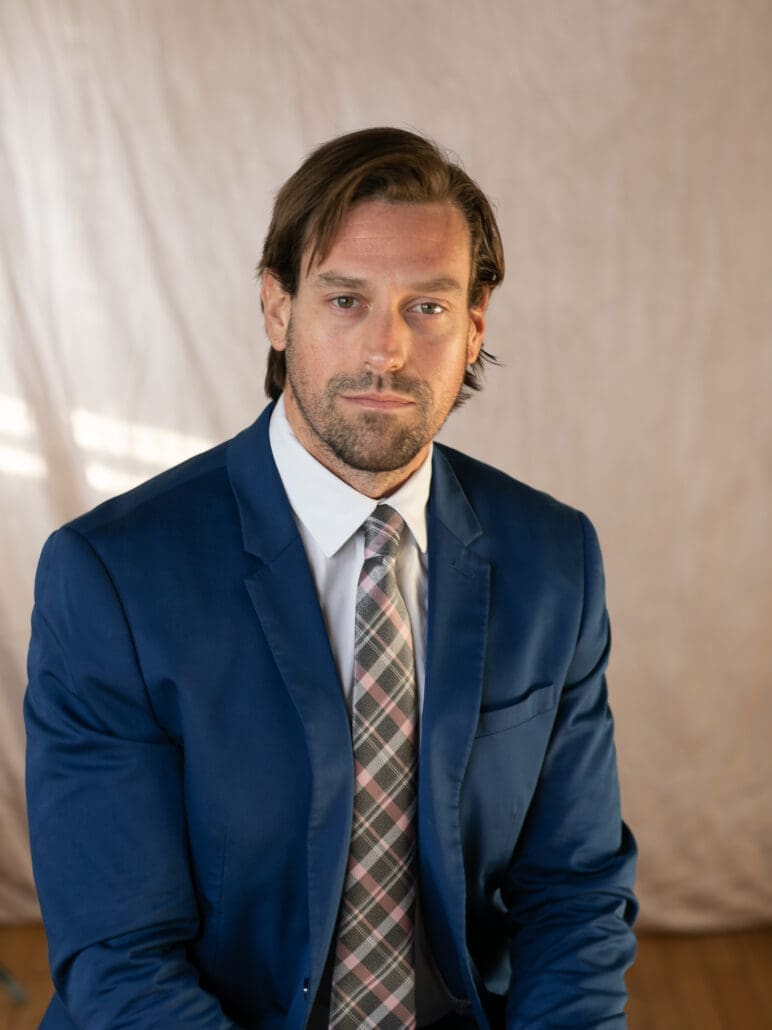Handling a personal injury case solo? It’s certainly possible. There have been cases in Florida where hiring an attorney is unnecessary, especially for cases involving minor injuries or minimal property damage.
A personal injury attorney may not be needed if you can gather enough evidence to support your claim and negotiate with the insurance adjuster yourself. However, if your case is complicated, you will almost certainly want a lawyer. The personal injury lawyers at Calandro Law in Riverview are experts in getting fair settlements in personal injury claims after an accident. Contact us for a free consultation to learn more about the specifics of your case.
Despite what the insurance industry and some lawyers like to tell you, settling a personal injury claim with an insurance company can be quite simple. Most claims involve only a few letters and phone calls with an insurance adjuster with limited knowledge of the law, so there’s no need to master complex legal jargon. However, your right to receive compensation generally is governed by common sense about who was careful and who wasn’t, how severe the injuries were, and whether or not you are willing to negotiate until you get a fair offer from the insurance company.
Before you decide handling a personal injury case solo is the way to go, here are a few important things to know.

Common Mistakes People Make When Handling a Personal Injury Case Solo
It can be difficult to pursue a personal injury claim after being hurt in a car accident, and many problems can occur along the way. People who choose to forego an attorney may make many mistakes. Some may badly damage their ability to receive payment for their injuries, medical bills, and lost wages. Here are some common mistakes you should avoid when handling a personal injury case solo:
Not calling the police after the accident or obtaining information from the other driver.
Tracking down parties involved after the fact can be very time-consuming and costly, negatively impacting your case in the event that you pursue a personal injury claim. Sometimes, an attorney won’t take your case since the culprit isn’t identified or the police didn’t file a report.
Sharing too much information with the insurance company after the accident.
It’s important to understand your legal rights before speaking with an insurance company representative so you don’t accidentally say something that can be used against you later.
Receiving medical treatment after waiting several weeks or months.
In an accident, receiving the necessary medical care as soon as possible is essential. People who delay getting medical treatment are often frustrated with the insurance company later on when they find they are uncooperative or deny their claim.
Hiding a past injury from an insurance company.
Almost every car accident reported is documented, so it is a big mistake to think that you can hide an incident from an insurance company. If you lie to the insurance company, you are likely to be severely hurt or damage your case.
Mentioning harmful information about the case to the medical provider.
It is often surprising for people to learn that doctors, nurses, and other medical providers record everything you discuss with them during your visit. If you make damaging statements to a medical professional, they won’t hesitate to record them in your medical record. Your statements may be used as evidence in your case, which means you may be confronted with them.
The Severity of Your Injuries Will Impact Your Claim
If your injuries are small and not life-altering, it is possible that the insurance company won’t fight your case as much. However, as the damages grow, the adjuster will try to reduce the amount. Your personal injury case starts at the scene, and depending on how severe your accident is, you may or may not be taken to the hospital immediately. There can be no personal injury case without any treatment or medical documentation. That is why it is essential to go to the doctor even if you don’t need immediate aid—both for your health and the support of your claim.
You will not get very far with your insurance claim unless you provide medical records and bills to verify your injuries and their extent. Tell every medical provider you see exactly what injuries you sustained and when. You must request copies of your medical bills and receipts to claim out-of-pocket expenses such as medication, crutches, or transportation.
Your claim’s value is calculated by considering medical bills and expenses. The insurance companies, however, are required to cover only reasonable medical expenses. Avoid “accident doctors” who add up large bills for multiple tests or questionable treatments. You may be liable if the insurer won’t pay for the bills.
Liability and Damages Must Be Clear
Liability must be clear; who was at fault for the accident? In the context of a car accident, that could mean the other driver rear-ended you or you have multiple witnesses saying they ran a red light. Without a lawyer, the insurance company may not take you seriously if the fault is not clear, and if the insurer disputes liability, expect low settlement offers.
This also applies to damages and other losses, including pain and suffering. You need to be precise about your damages when you attempt to settle a personal injury claim alone, or the insurer will likely undercut your compensation. There must not be any doubt between your doctors about your diagnosis and the extent of your disabilities, and there must not be any strange events in your medical history or medical records. Insurers will lower your settlement amount if they think your case is unusual.
Dealing With Insurance Companies
Although handling a personal injury case solo is possible, you should not try this alone. Insurance adjusters who pay you nothing or as little as possible will handle your injury claim. As a claimant or defendant, you must be aware of many issues arising during a claim or lawsuit. Below are examples of problems you might encounter if you try handling a claim on your own:
- Insurers try to force you to settle early. The insurance company wants you to settle early. If you do, you may lose your right to a settlement if your injuries become worse
- Insurers give you the “best possible deal” or “top offer.” However, a top offer from an insurance company is often not enough to make you happy. You can’t simply “wait out” the company to force them into paying you since your case doesn’t get any better the longer you wait.
- The adjuster may claim that you are at fault for an incident. It is difficult for you to respond properly to such accusations if you are unfamiliar with the law and the standards of proof required to prove fault.
- Insurers know you cannot litigate the case on your own. Insurance companies and their attorneys know that even though you are handling a personal injury case solo, you cannot adequately do it yourself. A person not practicing law normally does not know the procedures for representing themselves in a serious case.
Negotiating Your Settlement in Florida
The insurance company will rarely write you a check for the amount requested in a “Demand Letter.” The negotiation process starts after the claims adjuster reviews your letter and evidence. Minor injury claims follow the same negotiation steps as other injury claims, including the respondent’s counteroffer, followed by bartering back and forth until a settlement is reached.
If an insurance adjuster makes unreasonable demands for extra information or a firm refusal to relent on a low-ball settlement offer, you may need assistance. If the insurance company denies your claim altogether, you need an attorney. An insurance company wrongfully denies many injury claims.
Why You Should Hire A Personal Injury Attorney Instead of Handling a Personal Injury Case Solo

To get anywhere close to the amount of compensation that you deserve for your injuries, pain, and suffering, you will need the help of a personal injury attorney who has handled serious injury cases. Regardless of the insurance company involved, they all share one aspect. Insurance companies will do whatever it takes to avoid paying claims regardless of how severely you are hurt. Some questions to ask yourself when deciding to hire a personal injury attorney:
- Is the litigation too complicated?
- Are there complications to my injury claim?
- What’s at risk if I’m denied a fair settlement?
Handling a personal injury case solo? Let the attorneys at Calandro Law take the burden of an auto accident lawsuit off your hands. Schedule a free consultation today by calling (813) 563-6463 or filling out the form on the right side of the page.



